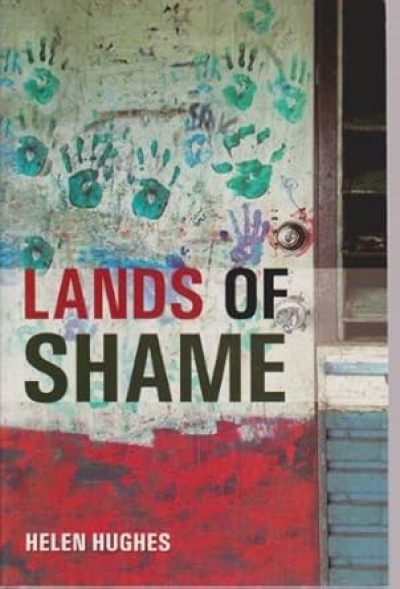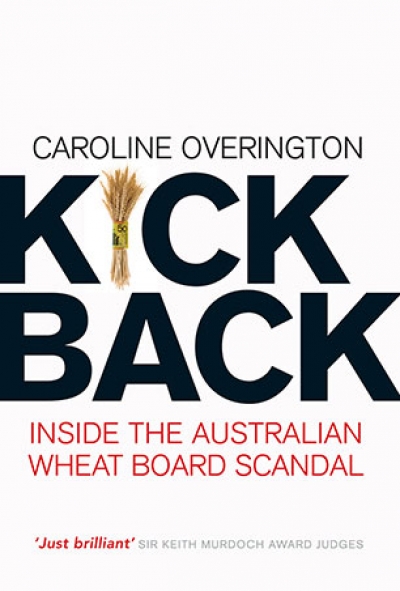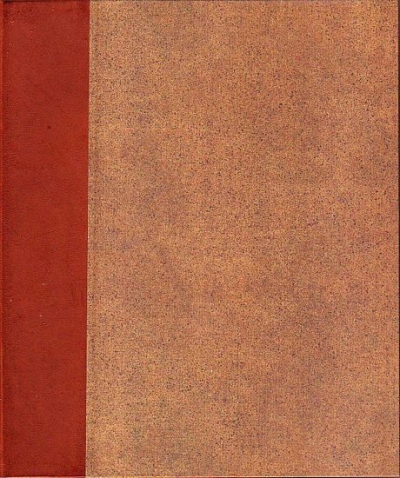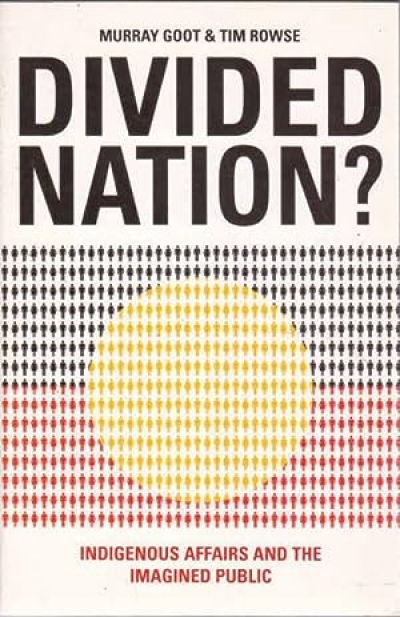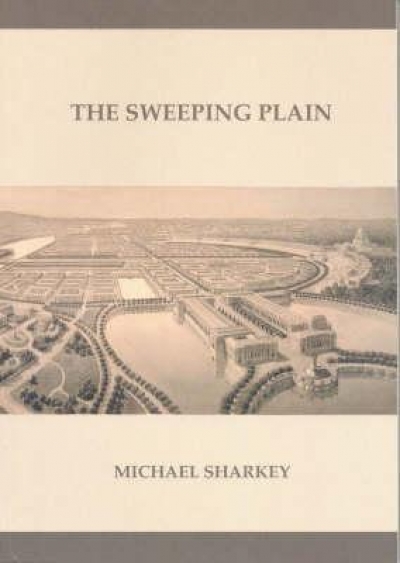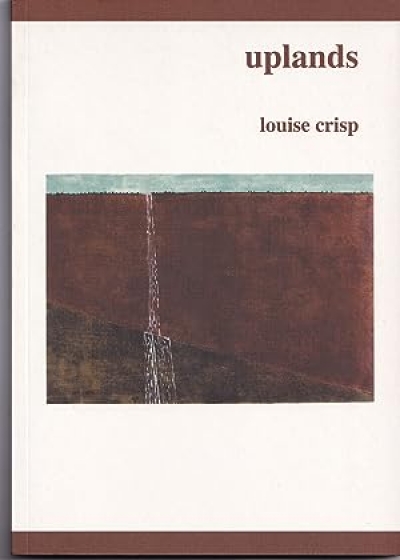Review
Lands of Shame: Aboriginal and Torres Strait Islander ‘Homelands’ in Transition by Helen Hughes
by Jon Altman •
Kickback: Inside the Australian wheat board scandal by Caroline Overington
by John Button •
Romancing Opiates: Pharmacological lies and the addiction bureaucracy by Theodore Dalrymple
by Andrew Burns •
Wild Ride: The rise and fall of Cobb & Co. by Sam Everingham
by Steve Gome •
Divided Nation: Indigenous Affairs and the Imagined Public by Murray Goot and Tim Rowse
by Anthony Moran •


